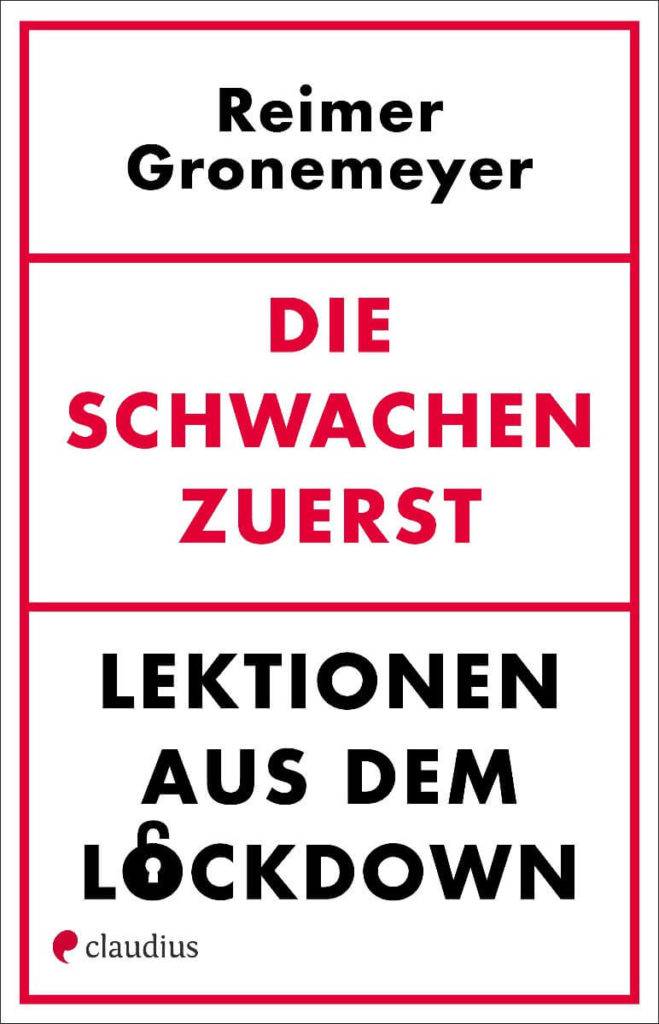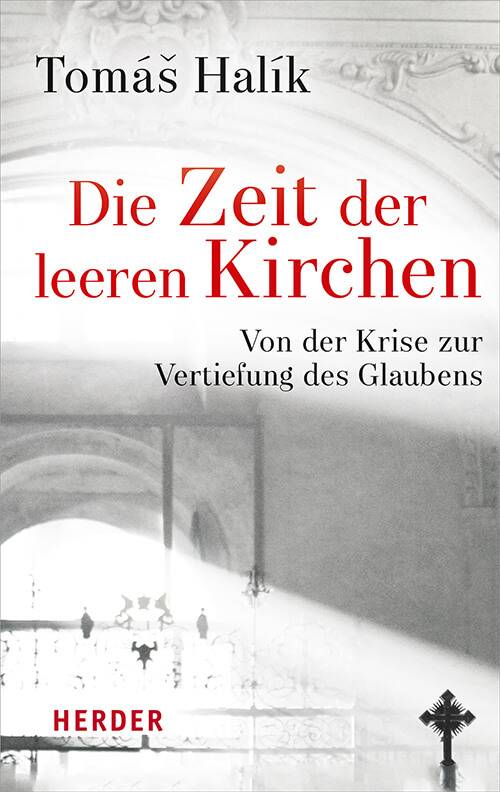A Book for Breakfast
In this event series, we juxtapose different books on current social debates by concisely presenting their arguments in the form of an essay. Together, we develop new ideas and engage in discussions – in good company and with coffee and croissants.

Going Through the Crisis Together?
Views on the COVID-19 Pandemic
Excerpt from an Essay by ifz fellow Birgit Bahtic-Kunrath
Because of the Covid-19 pandemic, our society has to face great challenges. After years that propagated an ideology of the ‘lean state’ – a state that interrupts the lives of its citizens as rarely as possible and, significantly, does not create any hurdles for the economy – we witnessed how state action has become of central significance again. To protect at-risk groups from contracting the virus, citizens accepted severe intrusions into their personal lives; the meaning of the word “solidarity” was thus expanded. However, in the meantime, this solidarity is becoming unstable. Critical voices are getting louder and, at times, more aggressive. A pandemic situation of one-and-a-half years has resulted in an expansive body of literature devoted to questions addressing the handling of this crisis, the justifications for the imposed measures, their adequacy, and if all of it opened-up new opportunities or rather solidified existing structures (e.g. see Holzinger 2020; Volkmer/Werner 2020). In these debates, the pandemic is regarded from different angles, and accordingly, the conclusions vary.
This essay provides a small glimpse into this broad literary debate by introducing three recent books on the topic and juxtaposing their lines of thought: In his latest work Von der Pflicht: Eine Betrachtung (“On Duty: Contemplations”), the philosopher and bestselling writer Richard David Precht explores our relationship towards the state and the body politic, which is facing a particular challenge during the pandemic (Precht 2021). The sociologist Reimer Gronemeyer uses his book Die Schwachen zuerst: Lektionen aus dem Lockdown (“The Weak First: Lessons from the Lockdown”) to focus on people inhabiting the margins of society – the elderly, the sick, the poor – who were only allegedly protected, as he believes (Gronemeyer 2021). In his collection of sermons “Die Zeit der leeren Kirchen” (“Time of the Empty Churches”), Tomáš Halík regards the Corona-pandemic as a chance to re-discover the value of contemplation in our loud age, and as an opportunity to re-think the Catholic church from its very core (Halík 2021).



